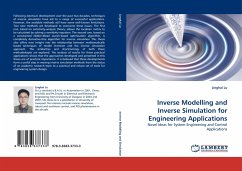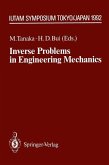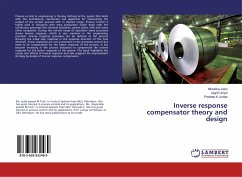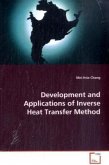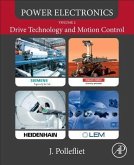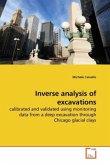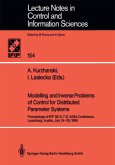Following extensive development over the past two decades, techniques of inverse simulation have led to a range of successful applications. However, the available methods still have some well-known limitations. Two new methods are developed to overcome these issues. The first one, based on sensitivity-analysis theory, allows the Jacobian matrix to be calculated by solving a sensitivity equation. The second one, based on a constrained Nelder-Mead search-based optimisation algorithm, is completely derivative-free algorithm for inverse simulation This thesis also offers new insight into the relationship between mathematically based techniques of model inversion and the inverse simulation approach. The similarities and shortcomings of both these methodologies are explored. The analysis of results for these practical applications shows that the approaches developed and presented in this thesis are of practical importance. It is believed that these developments form a useful step in moving inverse simulation methods from the status of an academic research topic to a practical and robust set of tools for engineering system design.
Bitte wählen Sie Ihr Anliegen aus.
Rechnungen
Retourenschein anfordern
Bestellstatus
Storno

